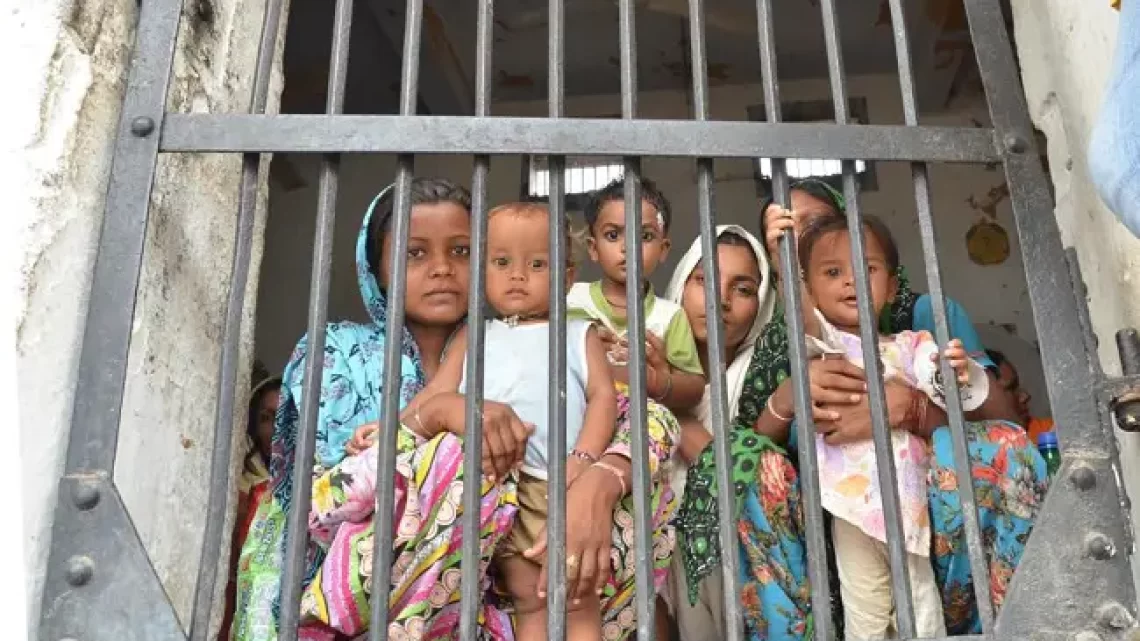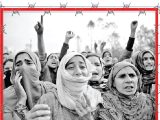
Over 9,000 Children Wrongfully Detained in Adult Prisons Across India: A Recent Study
May 18, 2024A recent study by the Indian social justice organization iProBono has uncovered alarming statistics about the wrongful detention of children in adult prisons across India. Titled “Incarceration of Children in Prisons in India,” the study revealed that at least 9,681 children were unlawfully incarcerated in adult prisons between January 1, 2016, and December 31, 2021. This revelation highlights severe systemic failures in India’s juvenile justice system, prompting urgent calls for reform and accountability.
The findings are based on government data obtained through the Right to Information (RTI) Act. However, the report indicates that the actual number of wrongfully detained children is likely much higher, as only half of the RTI requests received responses, pointing to significant transparency issues and data withholding by state prison authorities.
The study particularly highlighted the state of Uttar Pradesh, governed by the Bharatiya Janata Party (BJP), as having the highest number of such cases. In Uttar Pradesh alone, 2,914 children were transferred from adult jails to juvenile facilities. This situation underscores a pervasive disregard for protocols established by Juvenile Justice Boards (JJBs), which are essential for the proper identification and transfer of underage inmates to appropriate juvenile settings.
Lead researcher Gitanjali Prasad underscored the gravity of the findings, stating, “This data represents only a tiny proportion of the reality.” The study exposes deep systemic deficiencies within the criminal justice system, where children’s rights are frequently overlooked, resulting in their wrongful incarceration and failure to protect these vulnerable individuals.
Prominent social activist Syed Arshad Mehdi, associated with the Bachpan Bachao Andolan (Save Childhood Movement), expressed deep concern over the findings. “It is worrying and surprising,” he remarked, emphasizing the prevalent abuse faced by economically disadvantaged and vulnerable youth. Mehdi’s concerns highlight the broader implications of the study, which points to the urgent need for systemic reforms to protect children’s rights and ensure that they are not subjected to the harsh conditions of adult prisons.
The wrongful detention of children in adult facilities not only violates their rights but also exposes them to significant risks, including physical and psychological abuse. The juvenile justice system in India, governed by the Juvenile Justice (Care and Protection of Children) Act, mandates that children in conflict with the law should be treated differently from adults, emphasizing rehabilitation over punishment. However, the study’s findings reveal a stark gap between the law’s intent and its implementation.
This report has sparked widespread calls for action from human rights organizations, legal experts, and child protection advocates. They urge the government to strengthen the mechanisms of the Juvenile Justice Boards, improve transparency in prison management, and ensure that all children are correctly identified and transferred to appropriate juvenile facilities.
The study by iProBono has brought to light a critical issue that demands immediate attention and action. Reforming the juvenile justice system in India is essential to safeguarding the rights and futures of countless children who find themselves entangled in the criminal justice system.

